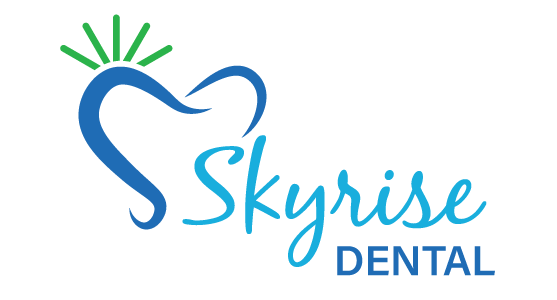The health of your teeth is bound to be more critical during pregnancy, so you might be taking extra precautions to ensure that neither you nor your unborn child suffers from unwanted complications. You may need more detailed dental knowledge on this topic as you may need clarification about what to do, what to avoid and how to proceed. Our team is here to assist you with some essential tips and detailed dental information.
We will answer the following questions by the end of this blog:
- During pregnancy, what dental habits should you follow?
- When pregnant, why do women experience dental health problems?
- Is your dental health affecting your baby’s development?
- When you’re pregnant, can you have dental work done?
After reading this blog, we hope you will better understand how dental health affects a pregnant woman.
What Dental Habits Should You Follow During Pregnancy?
As long as you maintain the ideal oral hygiene routine throughout pregnancy, nothing else is required. As you are in a more sensitive state than usual, you will have to be more cautious and stricter. Here are some dental habits during pregnancy:
- Keep your teeth healthy by brushing twice a day with fluoride toothpaste.
- It would help if you floss every day, and it’s better to floss before brushing your teeth every time.
- Foods and drinks that are acidic or sugary should be limited, and brushing after consuming this type of food and drink is recommended.
- During pregnancy, avoid chewing tobacco or smoking.
- It would be best if you stopped drinking alcohol.
- Schedule regular dental checks and inform your dentist that you are pregnant.
- Make sure you consume enough calcium and vitamin D.
- After vomiting, wash your mouth thoroughly with water.

Why Do Women Experience Dental Health Problems During Pregnancy?
Information on dental health shows that pregnant women experience various dental problems more frequently. The following reasons often cause these problems:
- Hormone changes during pregnancy may cause gum bleeding or swelling. Changes in hormones can alter how your body responds to oral bacteria and may increase blood flow to the gums.
- People frequently vomit because pregnancy hormones soften the stomach muscles, which keep food in the stomach. Food particles and acids keep coming and staying in the mouth due to vomiting and gastric reflux—damage to enamel results from these acids, which causes the teeth to erode. Stuck food particles also cause plaque.
- It is very common to crave unusual foods during pregnancy, but avoiding sugary or acidic foods is essential because they can cause tooth decay. Whenever possible, try to ignore such food cravings or substitute a healthier option.
- For some pregnant women, brushing their teeth can cause gagging. Be patient and meticulous when brushing your teeth if you are one of them. Soft-bristled and small-headed toothbrushes are best. While brushing, do not rush; go slow and thoroughly brush.
Is Your Dental Health Affecting Your Baby's Development?
According to detailed dental information, a mother’s dental problems may also affect the baby. Many experts believe premature or underweight babies are born in pregnant women with severe gum disease. To stay safe, you should treat your gum disease during pregnancy.
Can You Have Dental Work Done When You're Pregnant?
Regular dental checkups are necessary during pregnancy. Fillings or root canals can be performed, but anesthesia and numbing agents should not be used. Unless it’s an emergency, avoid dental surgery and lengthy treatments. Be sure to inform your dentist about your pregnancy so they can use dental knowledge to avoid unwanted situations.
Call SkyRise Dental Clinic in Thornhill, Tornoto, to get help.



